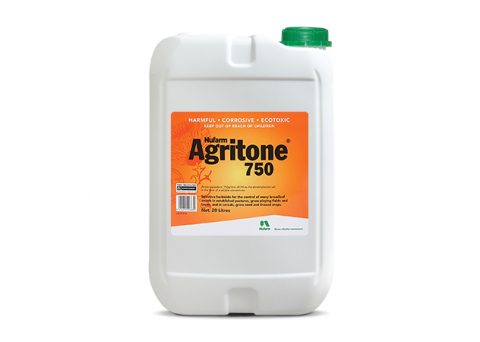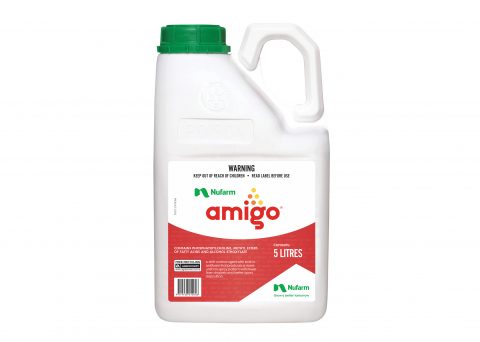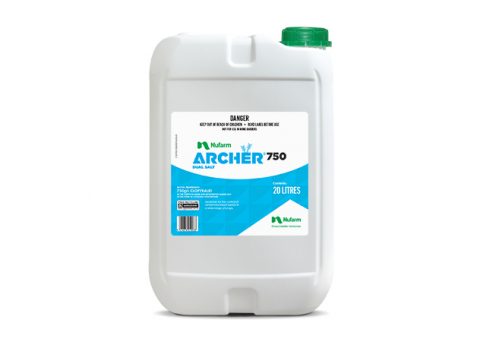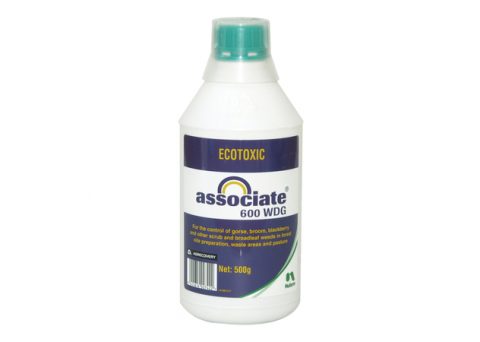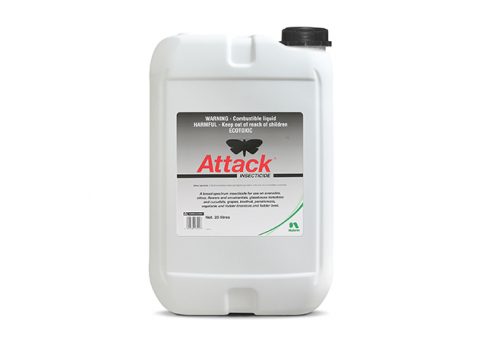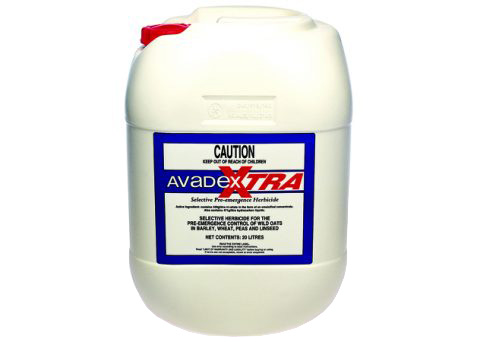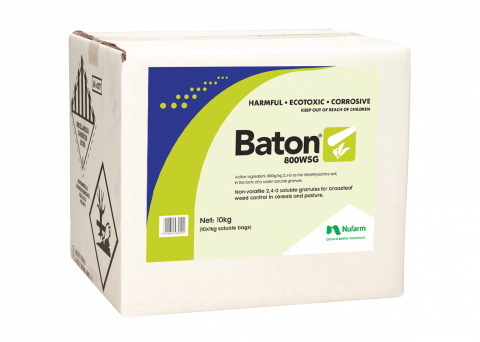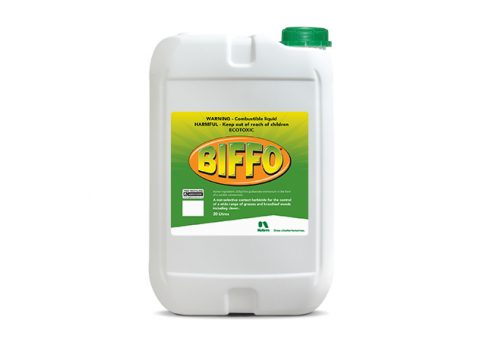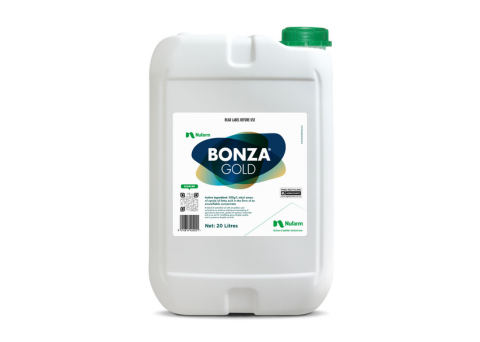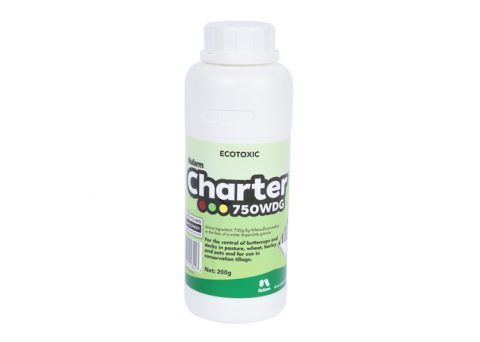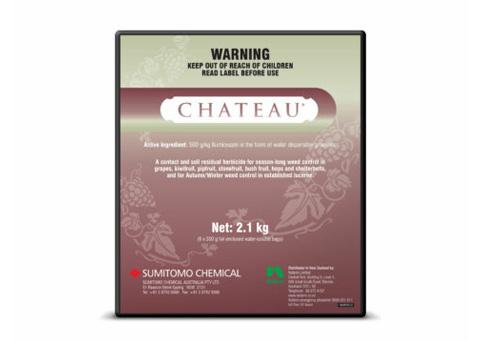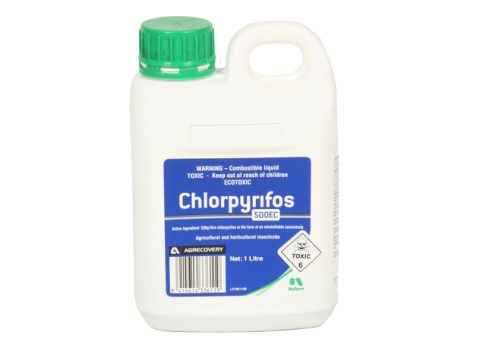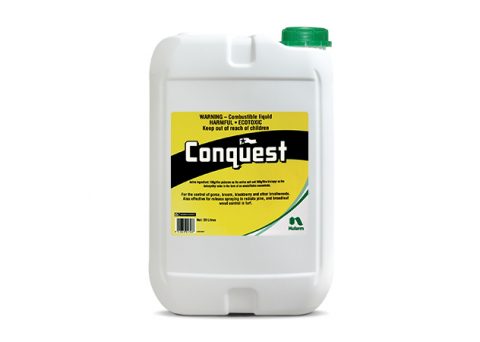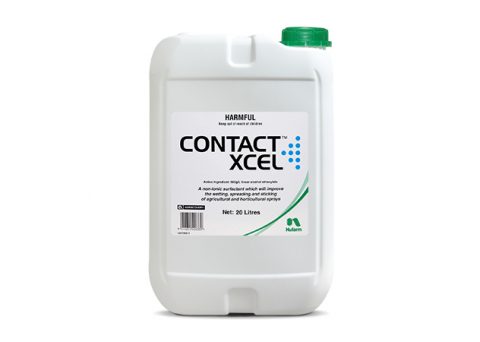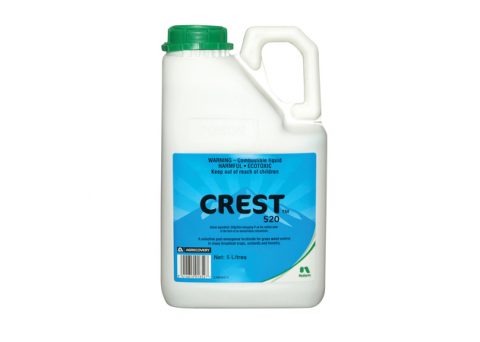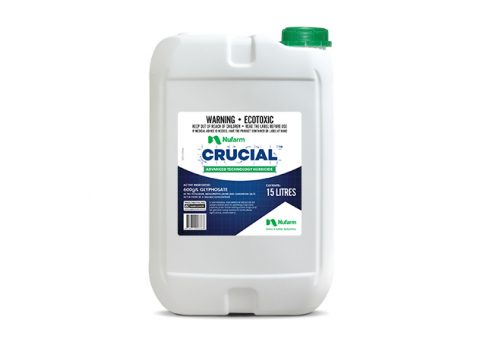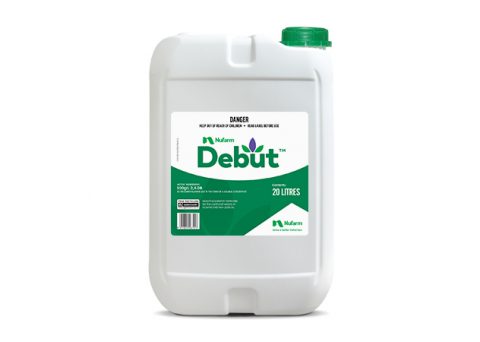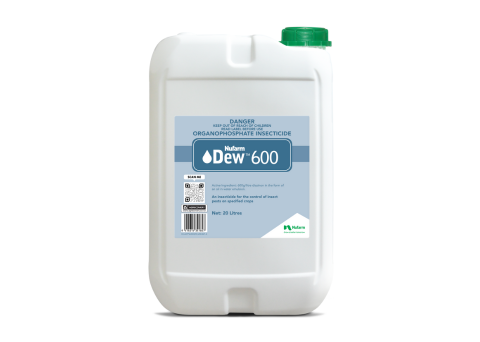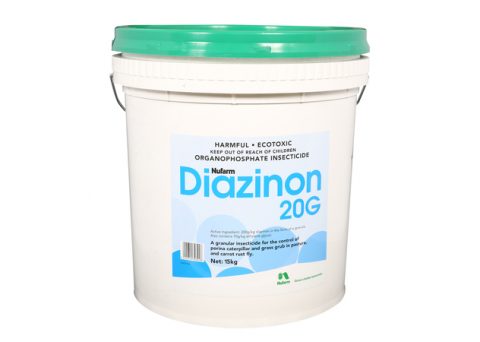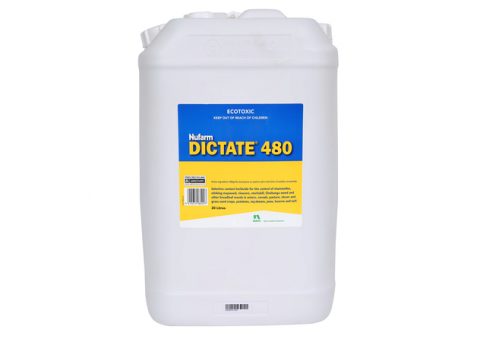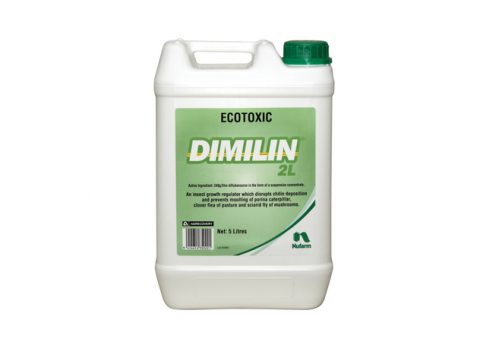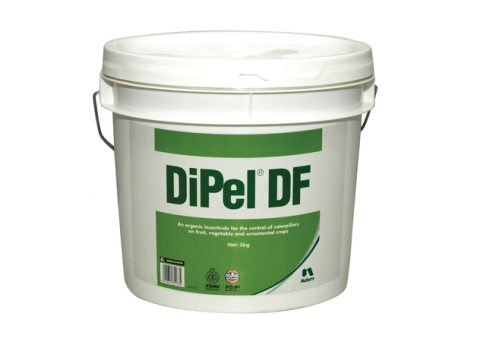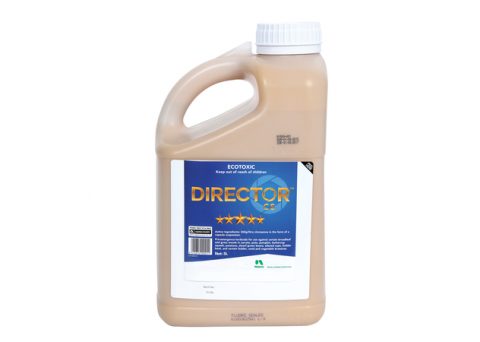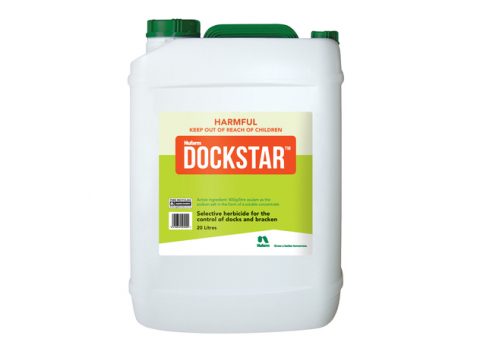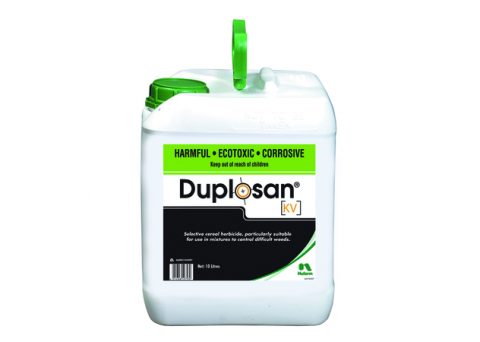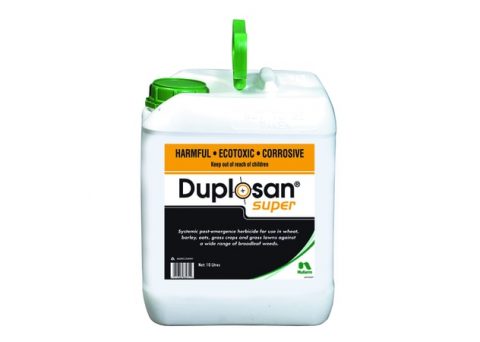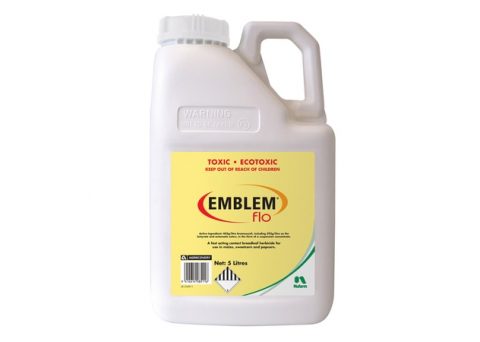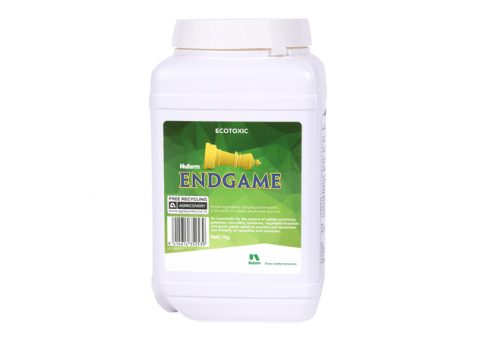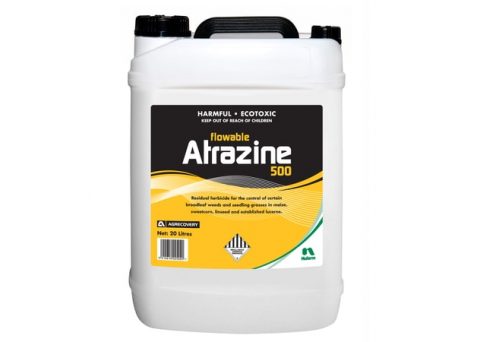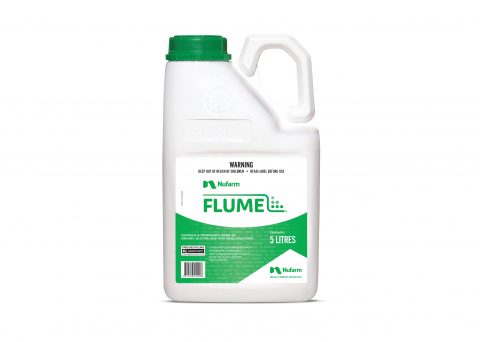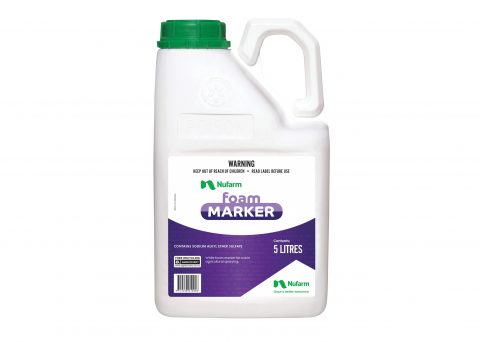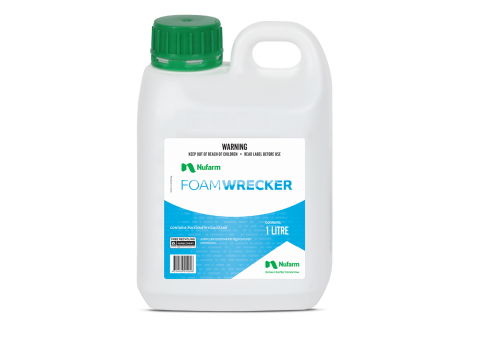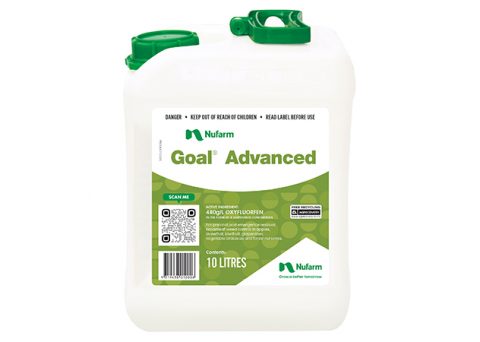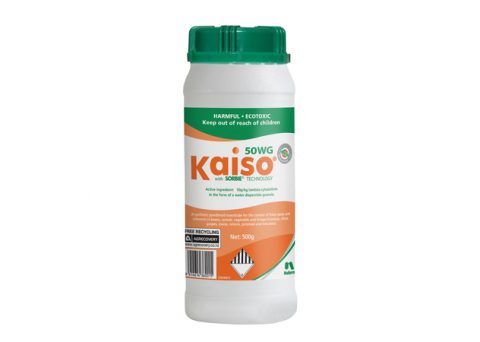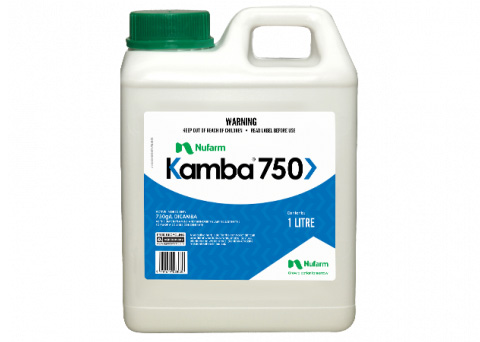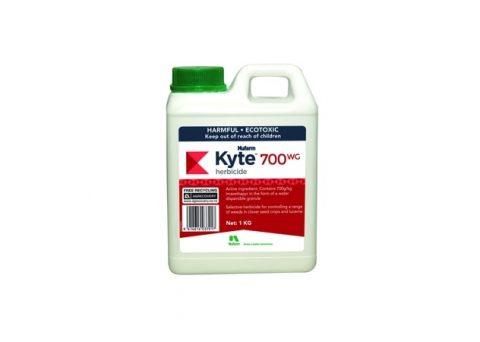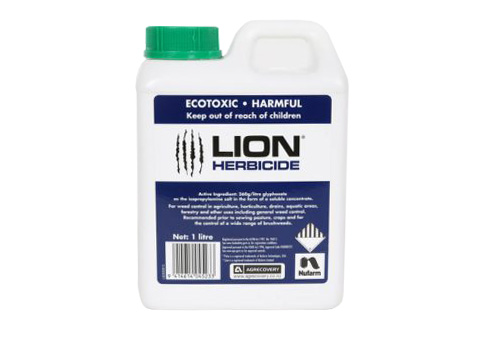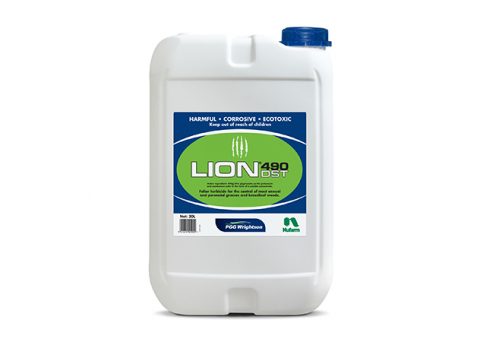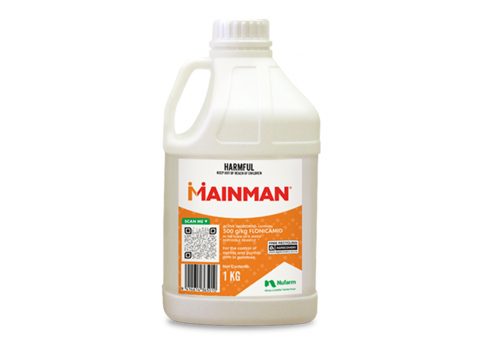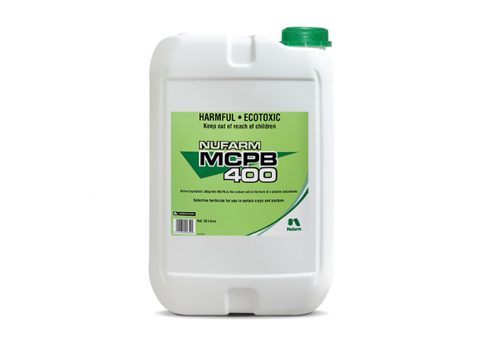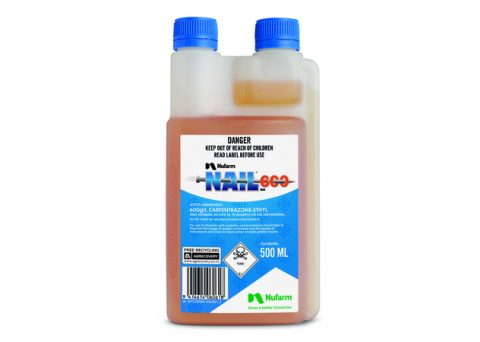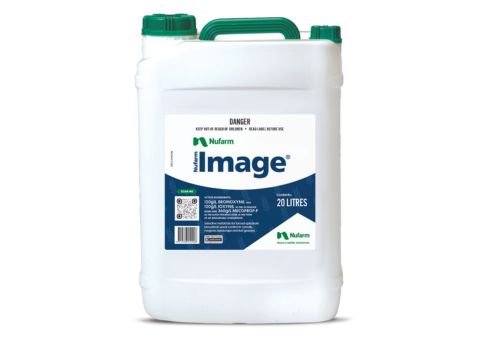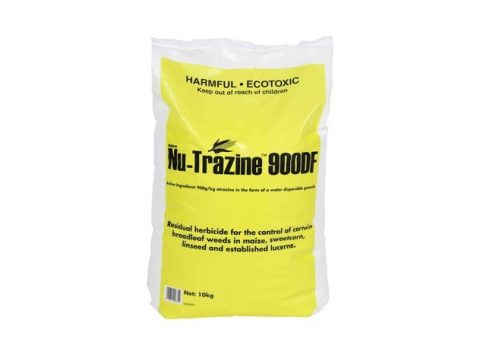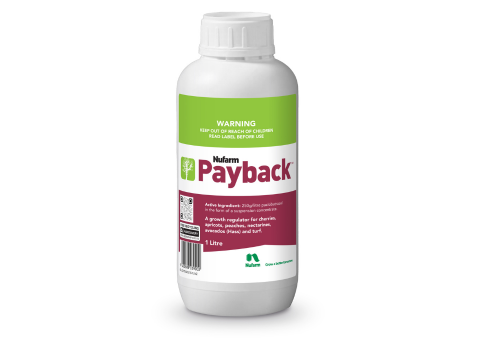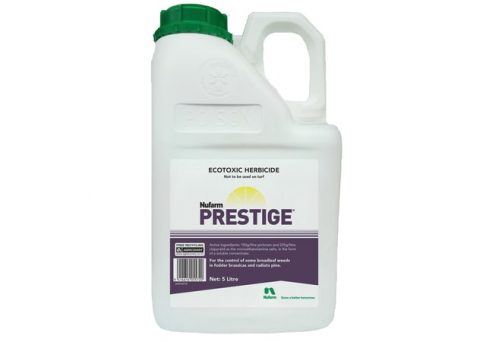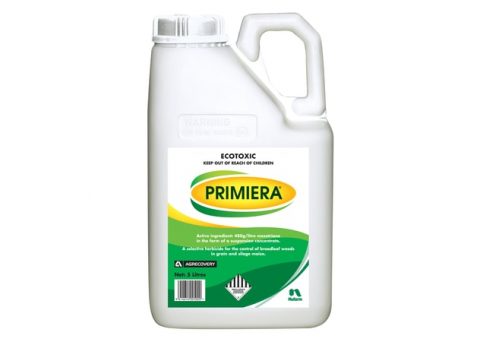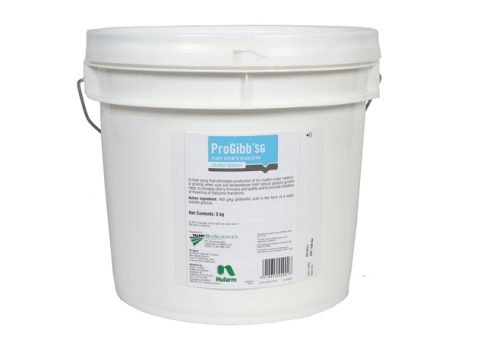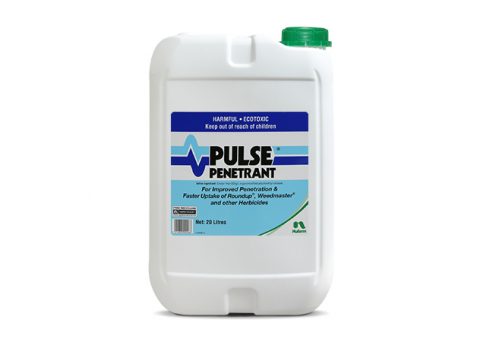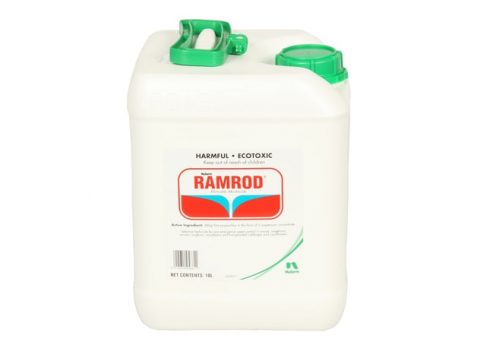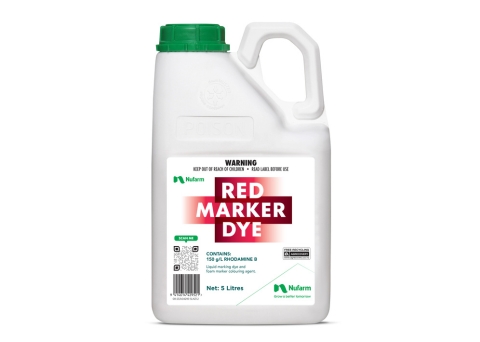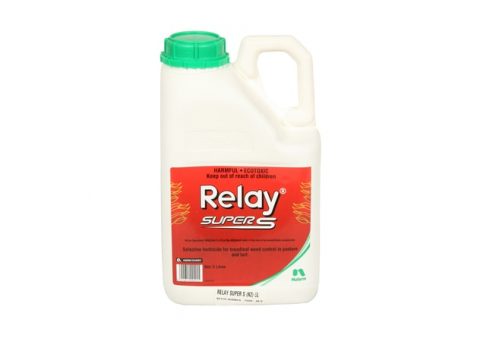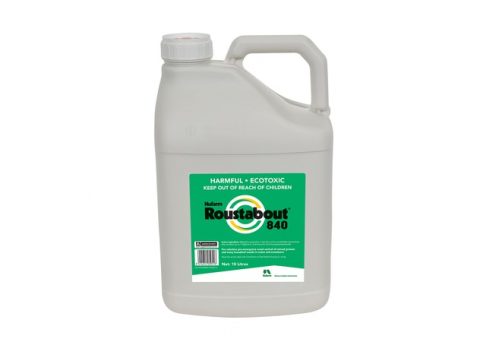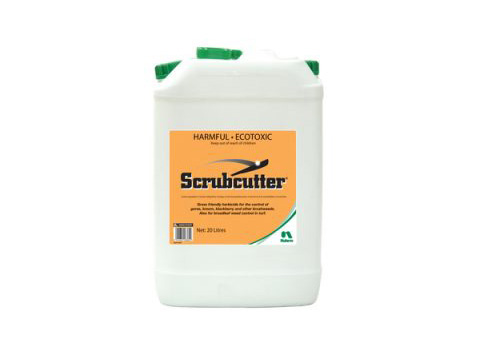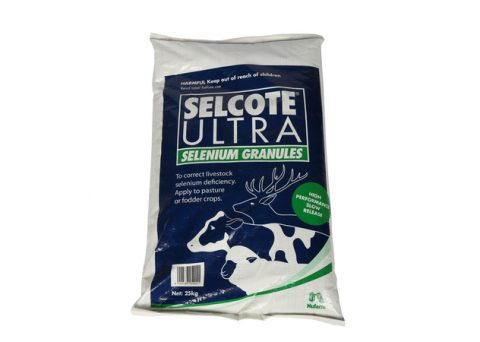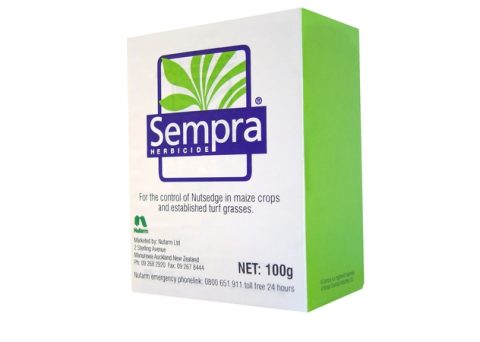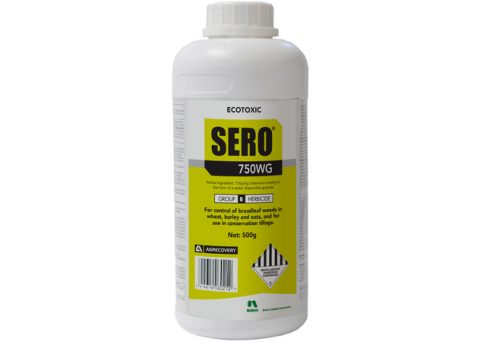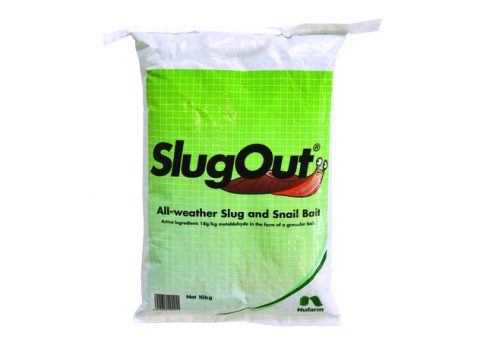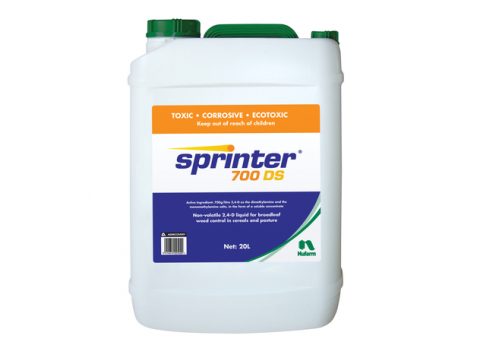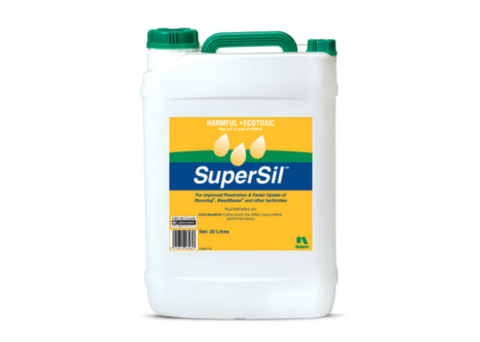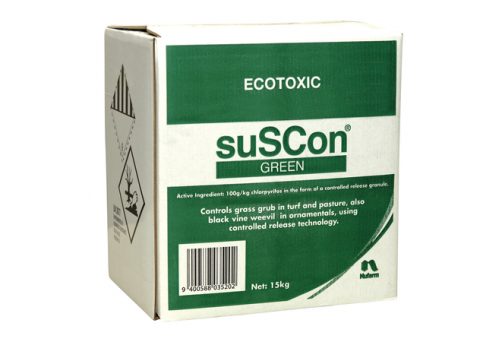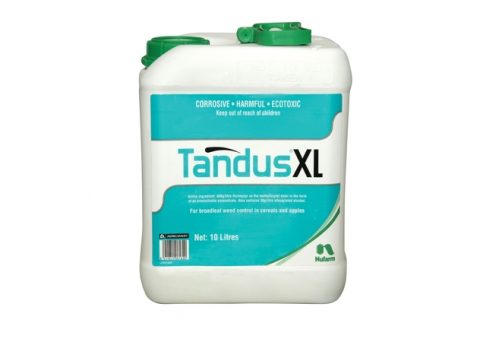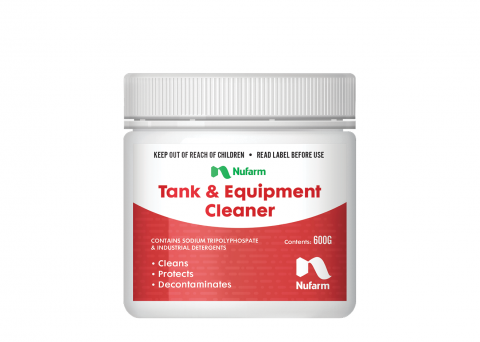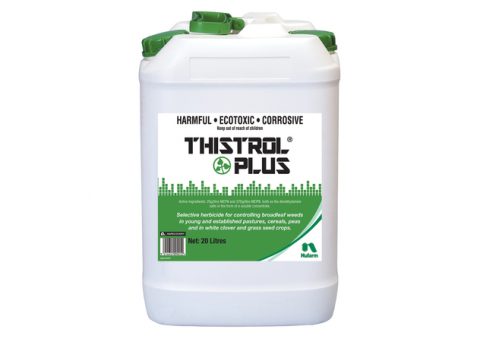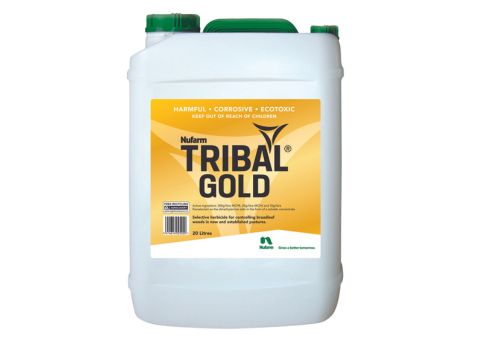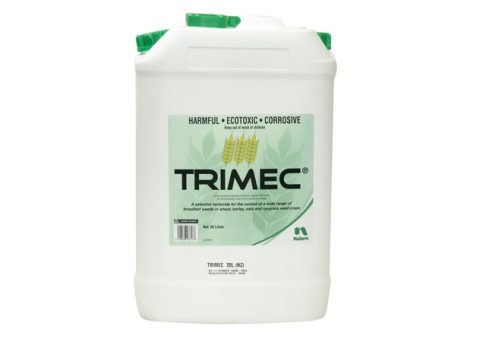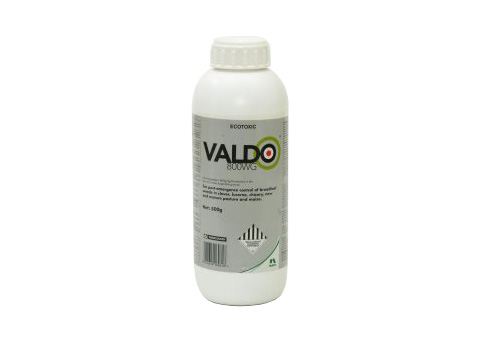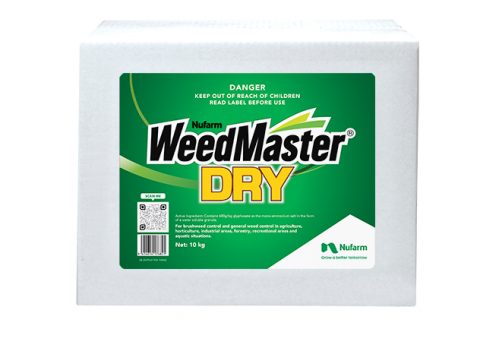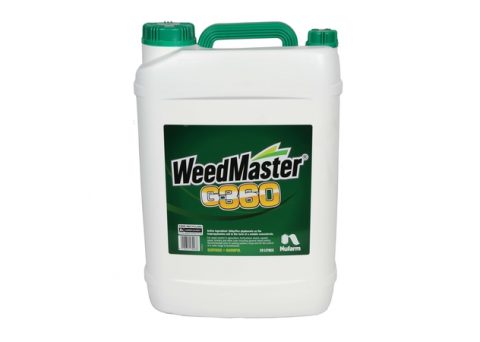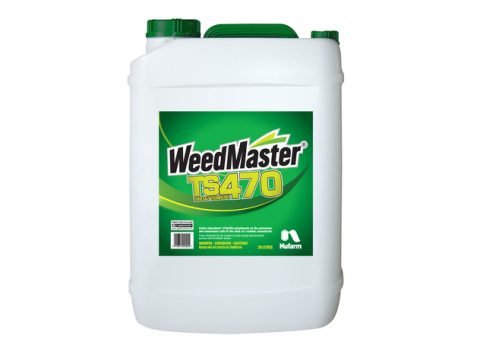Compliance
What does compliance mean for your business?
In a general sense, compliance means abiding by a set of rules. For your business to function legally, it needs to comply with specific industry standards, laws, regulations, and ethical conduct standards that apply to your business.
As a business owner, you must ensure that your business complies with all applicable regulations and have the right documents to back up your claim.
Giving importance to compliance can help you:
- Become a trustworthy business.
- Avoid paying hefty fines or facing potential lawsuits due to negligence.
- Maintain a clear standard on what you can and cannot do, and how your business should operate.
- Make employees feel that they work in a secure and professional environment.
Compliance Resources
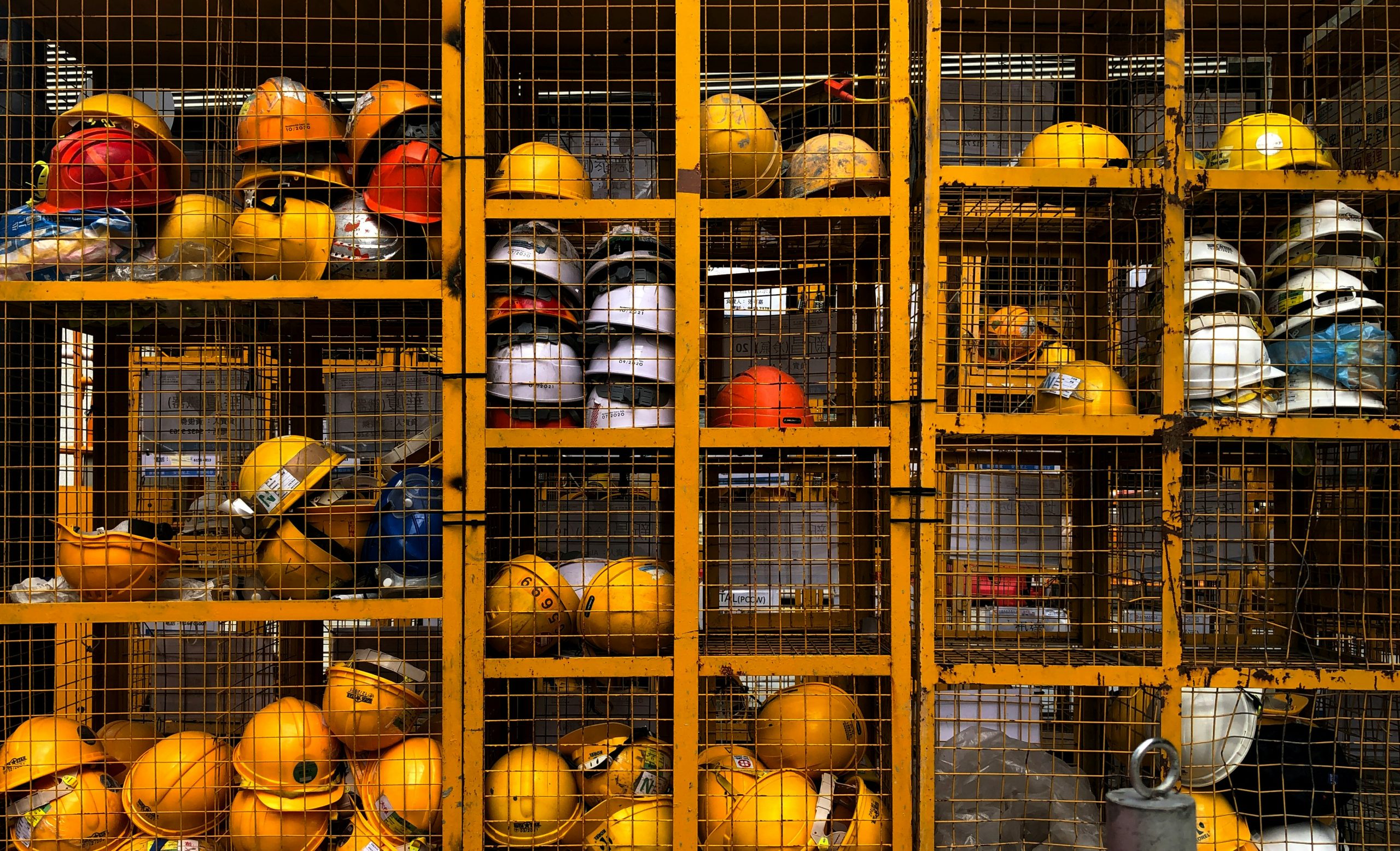
Health & Safety Work Act 2015
Introduction to Health & Safety Work Act 2015 – Special Guide
Find out more
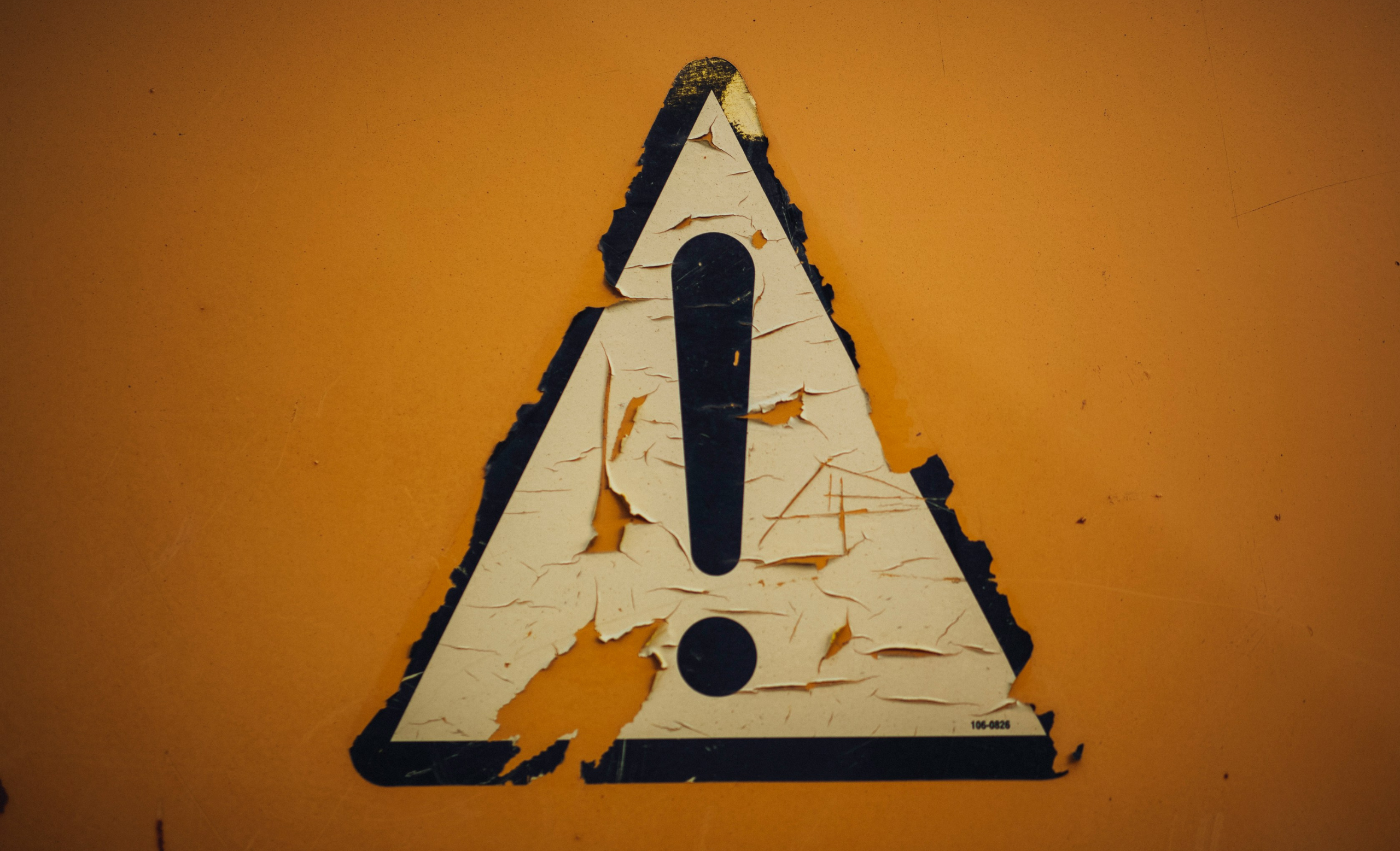
Managing Your Hazardous Substances
Resources to help you manage your hazardous substances
Find out more
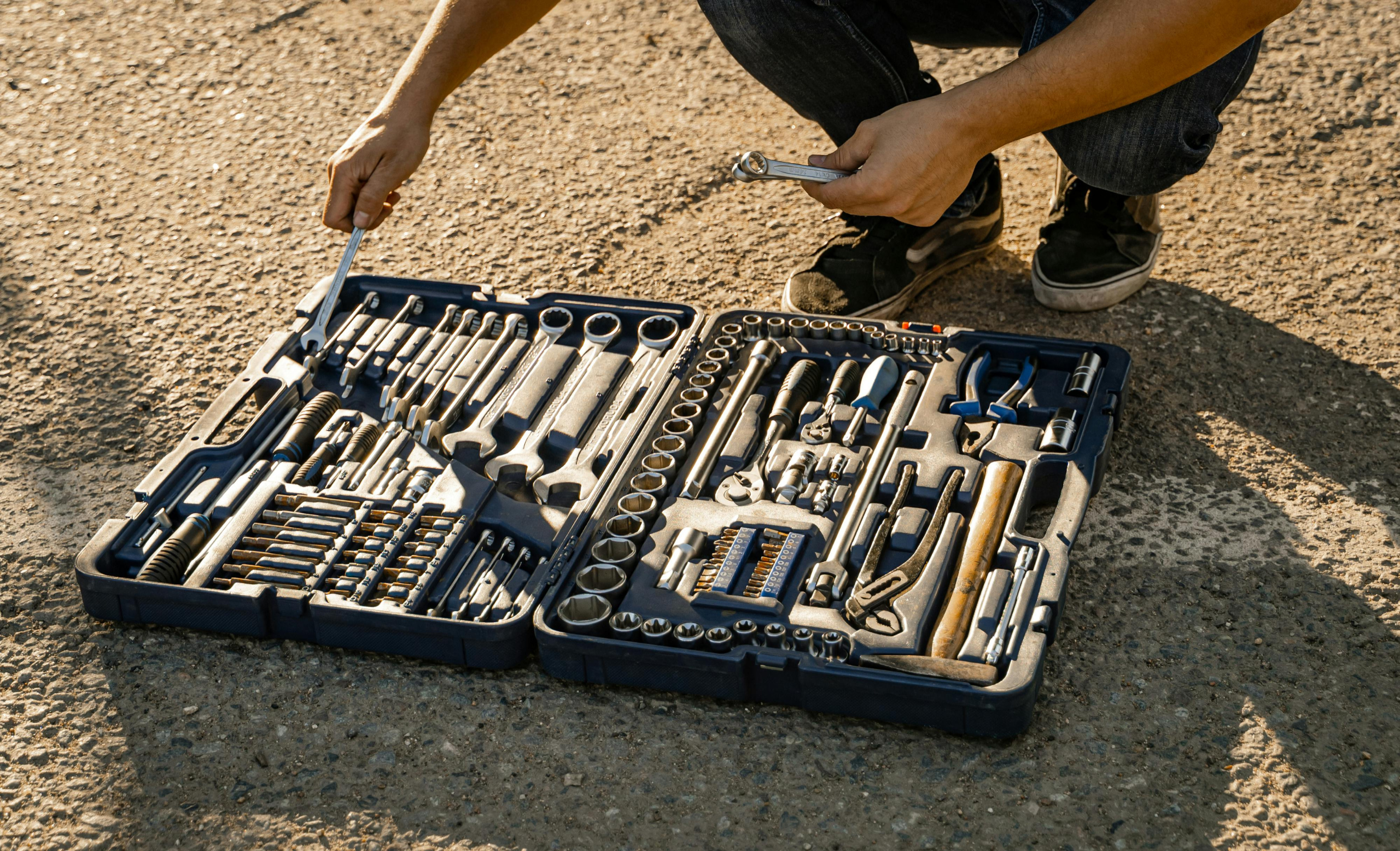
Hazardous Substances Toolbox
Find out more

Application Forms
Find out more

Certification
Find out more
Managing Your Hazardous Substances
Inventory
Businesses are required to have an inventory of all their hazardous substances. It’s important to know what hazardous substances you have to safely manage their risks to your workers and others who may be exposed to hazardous substances in your workplace.
Safety Data Sheets
Safety data sheets provide important information about your hazardous substances. It is mandatory to have a current safety data sheet for each of the hazardous substances in your workplace regardless of the quantity you hold.
Information, Instruction, Supervision, & Training
Workers need to understand the risks posed by hazardous substances and how to keep safe around them.
Storage
Storing hazardous substances safely is an important part of protecting you and your workers. This includes storing only what you need, ensuring that incompatible substances are not stored together, and that decanted substances are stored in the right type of container and correctly labelled.
Hazardous Waste
Most of the rules that apply to managing hazardous substances in the workplace also apply to hazardous waste.
Tracking Hazardous Substances
Some substances are so hazardous they must be tracked at all times. This means a record of what happens to them must be kept, from the date of their manufacture or importation into New Zealand, through to their end use or disposal.
Emergency Plans
Even the most safety conscious organisation can have an emergency involving hazardous substances. As well as observing the rules around managing your hazardous substances, you, your workers, and emergency service workers need to know what to do – and who is responsible for what – in an emergency.
Signs
Signs provide clear, concise information and are often the first warnings people will have about your hazardous substances.
Labelling
Labels are placed on hazardous substances containers so that people, including workers and emergency services personnel, know what’s inside and can take the correct precautionary measures.
Certified Handler Requirements
Some work with highly hazardous substances must be carried out by a certified handler.
Separation Distance Requirements
The Health and Safety at Work (Hazardous Substances) Regulations 2017 require some hazardous substances to be separated from protected and public places by separation distances based on the hazard classification of the substance, the quantity on site and the nature of the site.
Secondary Containment Systems
Secondary containment is an extra safety measure to avoid pollution of the environment or harm to people or property in case there is a spill or leak from a container or tank.
Certification

Certification of People
How to become a certified handler, an approved filler, or a compliance certifier.
- Certified Handlers
- Approved fillers
- Controlled substance licences
- Becoming a compliance certifier
- Performance standards for compliance certifiers
- Compliance certifier updates
Find out more
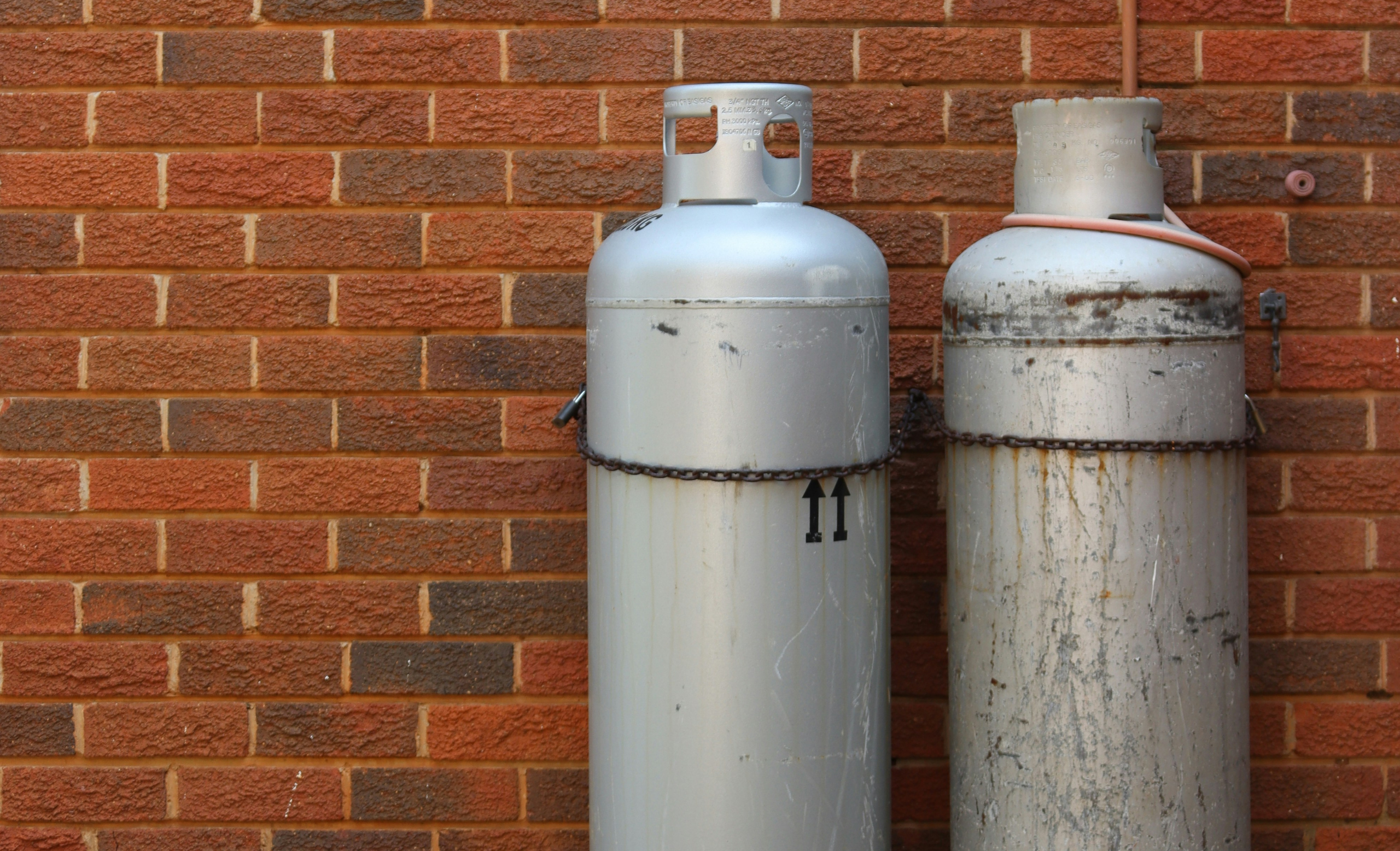
Certification of Equipment, Plant, & Buildings
- Buildings for flammable and oxidising substances
- Burners
- Dispensers
- Gas cyclinders and fire extinguishers
- Stationary container system compliance certificates
- Stationary tanks and process containers
- Tank wagons
- Test stations for inspecting and testing gas cylinders
Find out more

Certification of Sites
- Compliance certifier
- Location compliance certificates
Find out more

Compliance Fees
Find out more

Compliance Certificates
Find out more

Register of Compliance Certifiers
Find out more



